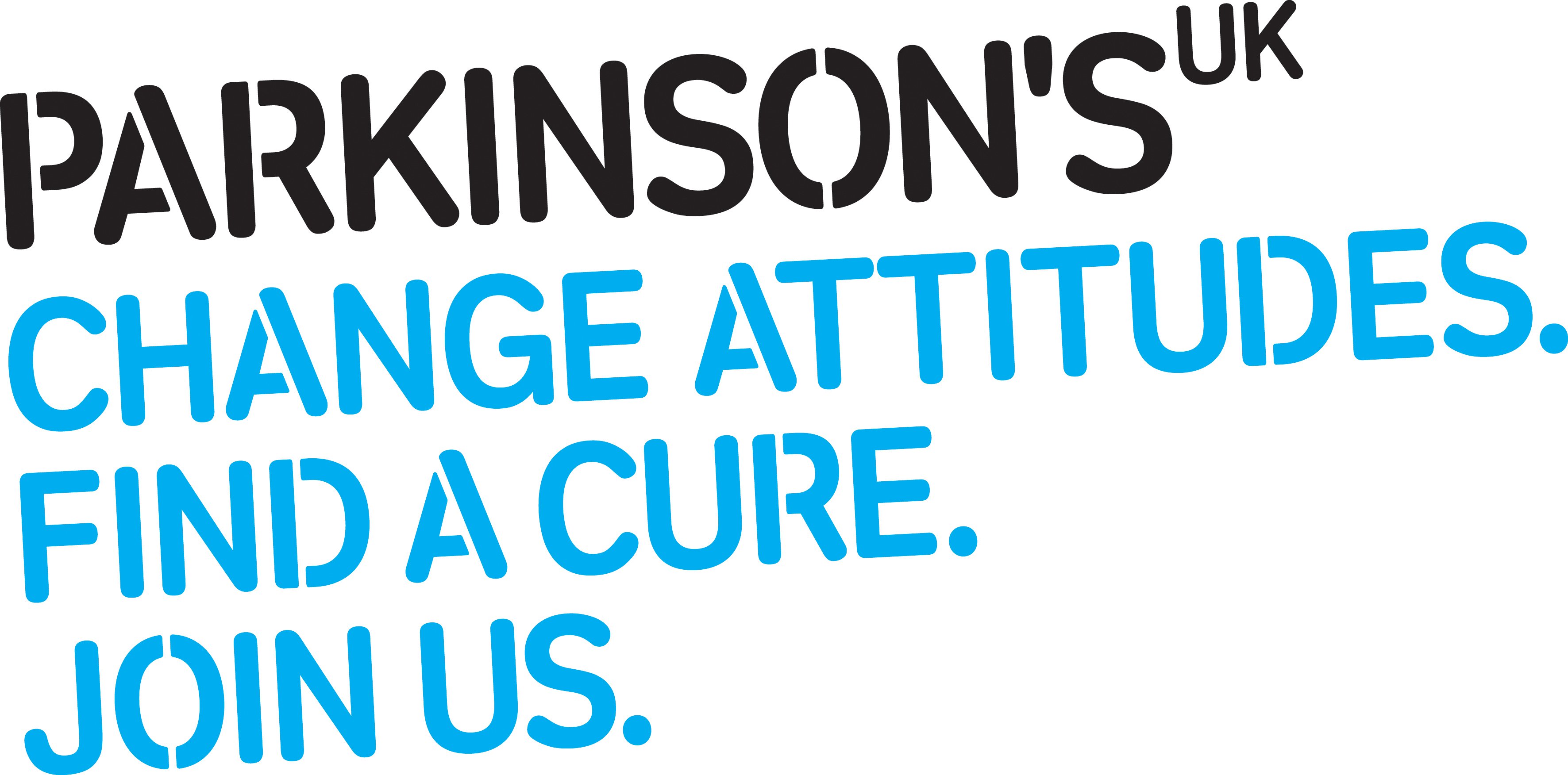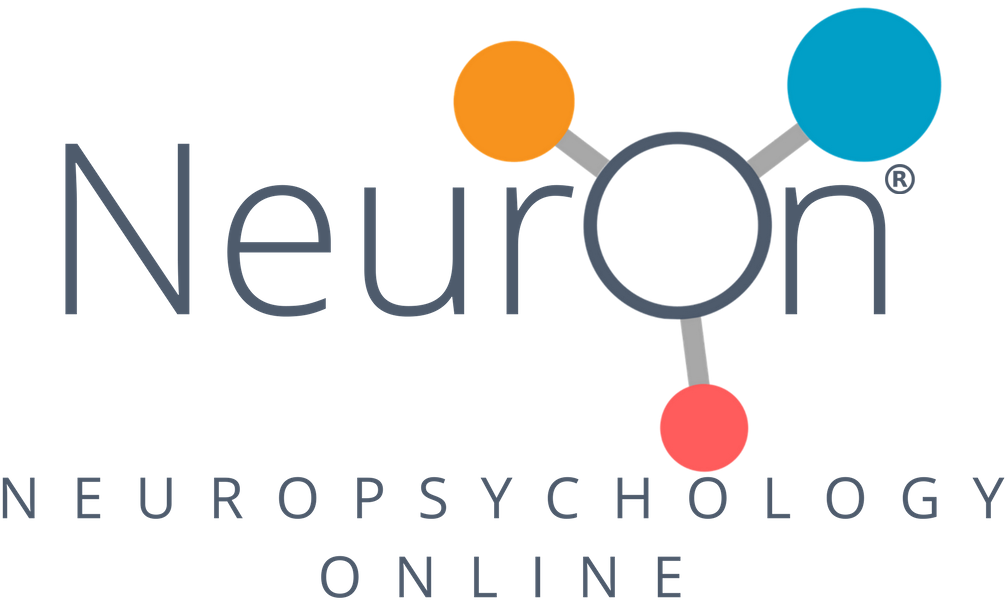The Gaucher – GBA – Parkinson’s Link
During the 1990s doctors noticed that there were more cases of Parkinson’s disease amongst patients and the families of people with a rare genetic condition called Gaucher disease. People with Gaucher disease carry two copies of the GBA gene whilst many of their family members carry one. It turns out that around 5% of people with Parkinson’s carry GBA, rising up to 25% in groups of people with Parkinson’s who are known to be more likely to carry the GBA gene, such as those from the Ashkenazi Jewish community.
The link between GBA and Parkinson’s disease has been providing clues as to why some people get Parkinson’s. There is a higher chance of developing Parkinson’s in later life when you carry GBA, BUT this is still a low risk and most people do not develop Parkinson’s.
In terms of understanding more about the causes of Parkinson’s, the discovery of this link is one of the most important findings in recent years. This is because we have been able to carry out experiments in the laboratory using cells grown from people carrying the GBA gene which have allowed us to understand a great deal about how it can cause the condition. These new developments make us optimistic that we will be able to develop drugs to treat Parkinson’s caused by GBA and in turn (we hope) Parkinson’s disease in general.
But without the help of people who carry the GBA gene we cannot discover more about it and its role in Parkinson’s. To do this we need large numbers of people to help us and we are hoping to recruit over a thousand people into the study. Every bit of information helps us to answer the question of how Parkinson’s develops and how we can stop it in its tracks.
Information about Parkinson’s
- Parkinson’s is a neurological disease
- One person in every 500 has Parkinson’s, so that’s about 120, 000 people with Parkinson's in the UK
- Most people who get Parkinson’s are usually over the age of 65 but younger people can get it too, but this is rare.
- People with Parkinson’s don’t have enough of a chemical called dopamine in their brains, because some of the nerve cells that produce it have been lost. The loss of these nerve cells cause the movement symptoms typically associated with the condition to appear which include a tremor, stiffness and slowness of movement.
- In the last 20 years there have been huge developments in the drugs that treat Parkinson’s by replacing dopamine. As a result many people with Parkinson’s are able to live effective, comfortable and productive lives and are able to continue working.
- Unfortunately there is currently no cure for Parkinson’s, but by understanding better the mechanisms that underpin these dopamine nerve cells, the role of genes and the environment, researchers are getting closer to finding out more about the causes and working towards better treatments and ultimately a cure.

Rapsodi is supported by Parkinson’s UK. If you want to find out more about Parkinson’s and current research please visit the Parkinson’s UK website www.parkinsons.org.uk .
Research into the GBA gene
The Gaucher-Parkinson’s research link has 3 main goals:
- To understand how the GBA gene can cause Parkinson’s
- To develop new and more accurate ways to predict Parkinson’s years before any symptoms appear
- To develop a drug to stop Parkinson’s developing or progressing in those who have the gene variant
Much work around the world is now being coordinated to achieve these goals. Doctors and scientists at University College London and the Royal Free Hospital, London are working with research groups from Italy, Canada, Germany, USA and Israel and are already testing potential new drugs to target the link.
One of the principle barriers to answering these questions has been that we need to assemble large numbers of people to do so. The emergence of internet technology has finally made it economical and feasible to do this.
Research is already well advanced on drugs that may slow the progression of Parkinson’s caused by GBA. Small ‘pilot’ drug studies are already underway. We anticipate larger drug trials to test whether these drugs work in the next few years. Rapsodi will identify people carrying the GBA gene who we believe are at the very earliest stages of developing Parkinson’s and will offer them the opportunity to take part in these drug trials.
We are developing a new information website that will provide up to date research information about the work of the link between GBA and Parkinson’s taking place at UCL and the Royal Free Hospital and other research teams we collaborate with around the world.
Information about Gaucher Disease
This study is supported by the Gauchers Association, the only UK based charity supporting people with Gaucher disease, who we are working with to ensure the study is participant friendly and easy to join and that all information regarding the study and its progress is disseminated on a regular basis to participants and interested parties.
- Gaucher disease is a rare genetic condition that develops in those who carry two copies of the GBA gene
- Some people carry the GBA gene but do not have Gaucher disease.
- It is more common in certain communities such as amongst the Ashkenazi Jewish community, although it occurs across the entire population
- It is caused by the deficiency of a substance called glucocerebrosidase which is an enzyme
- Those who develop Gaucher disease can have a range of problems including low blood count, abnormal blood clotting, a large spleen, bone problems and nerve problems
- People with type 1 Gaucher disease are able to have a good quality of life if they are given glucocerebrosidase (enzyme) replacement therapy or substrate reduction therapy.

For more information about Gaucher disease please contact the Gauchers Association: https://www.gaucher.org.uk










